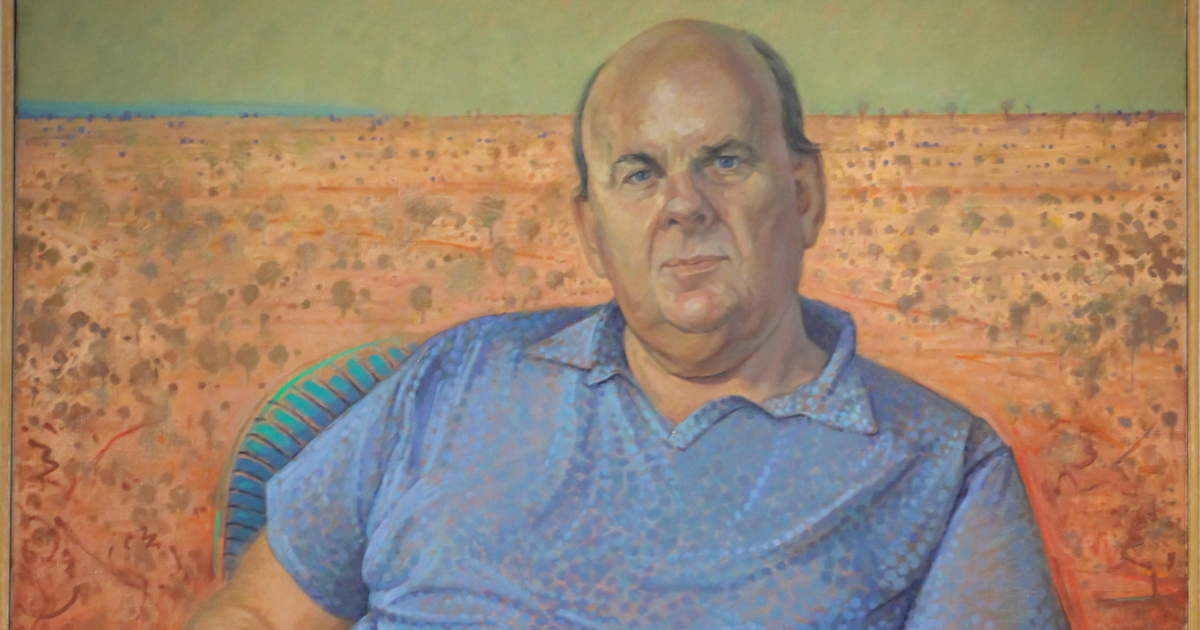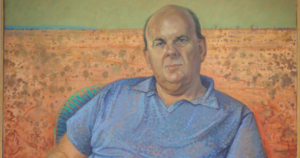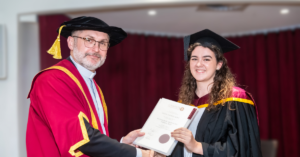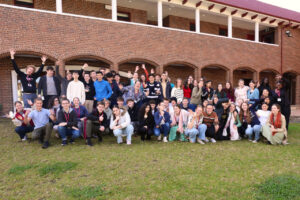Les Murray was a ‘sacramental poet’


Marilyn Rodrigues
The poet Les Murray was a sacramental poet who saw language as a channel of divine communication, but was also “all things to all people” who appreciated his extraordinarily gifted wordsmithing over his 40-year career.
The life, poetry and legacy of the prodigious and poet and literary editor, who died in 2019, was celebrated at a conference hosted by Campion College’s Centre for the Study of the Western Tradition on 24 September.
Poets, scholars, and Murray’s friends shared their memories of the larger than life man from Bunyah in the state’s mid-coast region and spoke about what his life and work has meant to them.
A picture emerged of a man both brilliant and kind, who loved language and his family. Genuinely unique, he was described as a non-conformist who was nourished by his deep Catholic faith and whose many achievements are yet to be fully appreciated in his country.
Murray work was animated by a philosophy that is “deeply Christian, deeply human and needed today more than ever”, said centre director Stephen McInerney prior to the conference.
“Not only did he care deeply about poetry, he cared deeply about people, respecting their dignity irrespective of who they were.”
“Three years on from Murray’s death, it feels as if Australia has yet to come to terms with the ‘detailed extent’ of Murray’s own achievement.
“In part, I imagine, this is because, for all his extraordinary gifts, and the level of international regard that exceeded all other Australian writers, including Patrick White, Les was a common man.
“Although he was fully aware of what he had achieved, and did not feign false modesty, and although he mixed easily with the world’s greatest writers at home and abroad, he was humble, generous and decent.” Other speakers included acclaimed poet and friend Jamie Grant, Professor Barry Spurr, and founding fellow of the college, Karl Schmude.
“He did not strive to be different; he just was different,” said Schmude. “Les didn’t have to work at being an unconformist, unlike those who self-consciously challenge the intellectual conformities but then fall in with the new conformities that happen to be in fashion.”
Les was also humble, he said. “He felt no need to parade his extraordinary intelligence or literary sensibility and his singular gifts as a wordsmith. His poetry spoke for him…..he was always more at home in the province of poetry than of praise.”
“Poetry, Les felt, had its natural habitat in a Catholic culture that stresses the incarnational reality, the divine penetration and sanctification of the human; the Word made flesh, and so it emphasises presence.”
Les did not have a narrow view of transcendental faith, he said. “But…Les did cherish a fascination with the Catholic belief in the Real Presence which influenced his poetry and his interests as a literary editor.”
“He was unmistakably I think a sacramental poet; he used imagery that was earthy but not earth-bound. And for him language was not just a means of human communication, it was supremely a channel of divine communion.”
Discussions on the day also encompassed his poetry styles, his friendships and generosity to emerging writers, his Marian poems and the influence of Catholicism on his work, and his exploration of autism, a condition suffered by his son Alexander.
This article appeared in The Catholic Weekly on 2 October and has been republished with permission.
Access audio files from the conference:
List of Conference Speeches:
- Welcome and Opening Remarks - Dr Stephen McInerney
- Les Murray and the Marian Poetic Tradition - Prof Barry Spurr
- Postcards from Bunyah: Les Murray as Literary Editor - Mr Karl Schmude
- Les Murray’s Talking Mosaics - Dr Theodore Ell (audio unavailable)
- Les Murray: A Partial Memoir - Mr Jamie Grant
- ‘The Tune on Your Mind’: Les Murray, Autism and Catholicism - Ms Amanda Tink
- A Surprising Friendship and the Surprises of Translation - Dr M. G. Michael (audio unavailable)



